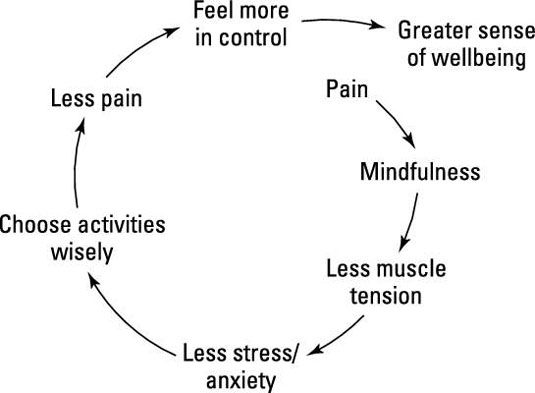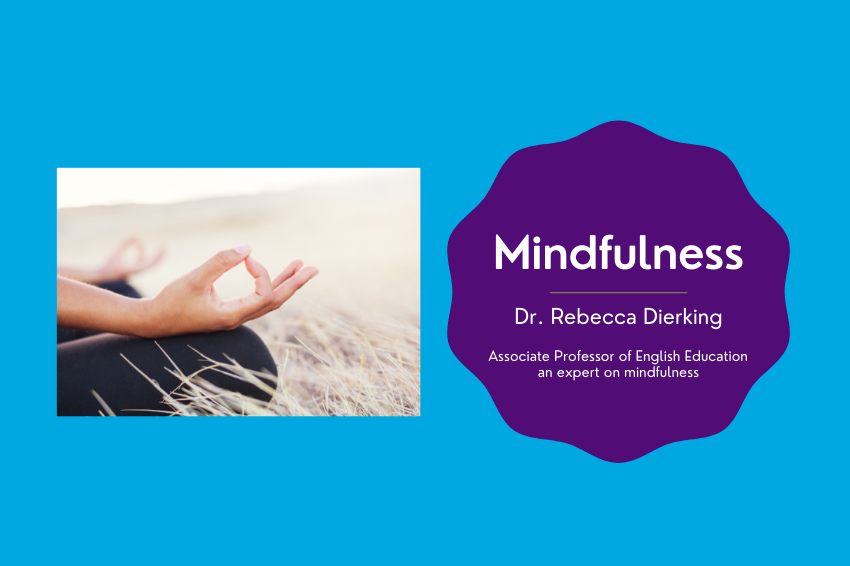Definition:
Mindfulness means to be in a state of awareness. So why does it matter? Mindfulness has proven benefits toward reducing stress, anxiety, depression, as well as increasing life satisfaction and self-compassion. It can improve both mental and physical health, while introducing more clarity to your life.
Overall Benefits:
Mindfulness and meditation have been scientifically proven to have many psychological and physical benefits including:
- Reducing anxiety, depression, exhaustion and irritability.
- Improving memory, reaction times, attention span and mental & physical stamina.
- Improving the quality of life of patients with chronic pain conditions such as multiple sclerosis and cancer.
- Boosting your mood, creativity and emotional intelligence.
- Reducing addictive and self- destructive behavior, including the abuse of illegal drugs and alcohol.
- Enhancing the immune system.
- Improving the heart and circulatory health by reducing blood pressure and lowering the risk of hypertension. Mindfulness reduces the risks of developing and dying from cardiovascular disease and lowers its severity should it arise.
Stress Management:
Mindfulness can do a lot for your awareness, including your stress management. Mindfulness can help you be aware of your body and mind, especially when you are in a negative state of mind or if you are feeling overwhelmed. Mindfulness is a great way to manage your stress, which, in the long-run, can affect your mental and physical health in a positive way.
Stress Reduction Links/Research:
Stress Management Apps:
- Sanvello (includes self-care, coaching, therapy, and community)
- Meditation Nest (includes stress relief tips, meditation, sleep sounds) Available on iphone only
Mindful Eating:
Mindful eating is more important than you might think. It can increase enjoyment of meals, improve digestion, and reduce overeating. While practicing mindful eating, pay attention to the details of food like the textures, aromas, and taste. Additionally, pay attention to body cues like eating only until you’re full.
- eating slowly and without distraction
- listening to physical hunger cues and eating only until you’re full
- distinguishing between true hunger and non-hunger triggers for eating
- engaging your senses by noticing colors, smells, sounds, textures, and flavors
- learning to cope with guilt and anxiety about food
- eating to maintain overall health and well-being
- noticing the effects food has on your feelings and figure
- appreciating your food
Mindful Eating Links/Research:
Mindful Exercise:
Exercise is one of the most important factors when it comes to your health. Being mindfully aware during workouts and keeping your attention on your body is a great way to incorporate mindfulness into your workouts. Physical activity is very important and staying mindful can help you get the most out of it.
Mindful Exercise Links/Research:
Pain/Physical Illness:
When you are in pain or ill, your body is most uncomfortable. During this time is when mindfulness can be most beneficial. Health is one of the most important factors of life. Mindfulness can help you feel a little bit better and stay connected with your body and mind. Methods like body scans and breathing meditation are good tools.
Links/Research:
- Improve your experience with physical pain
- Mindful practice to help with physical pain
- Mindfulness-based stress reduction can help manage chronic pain
Get Started On Campus:
In Person:
Virtual

